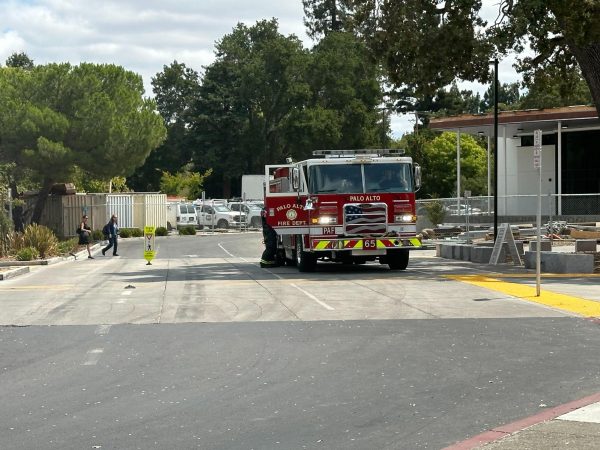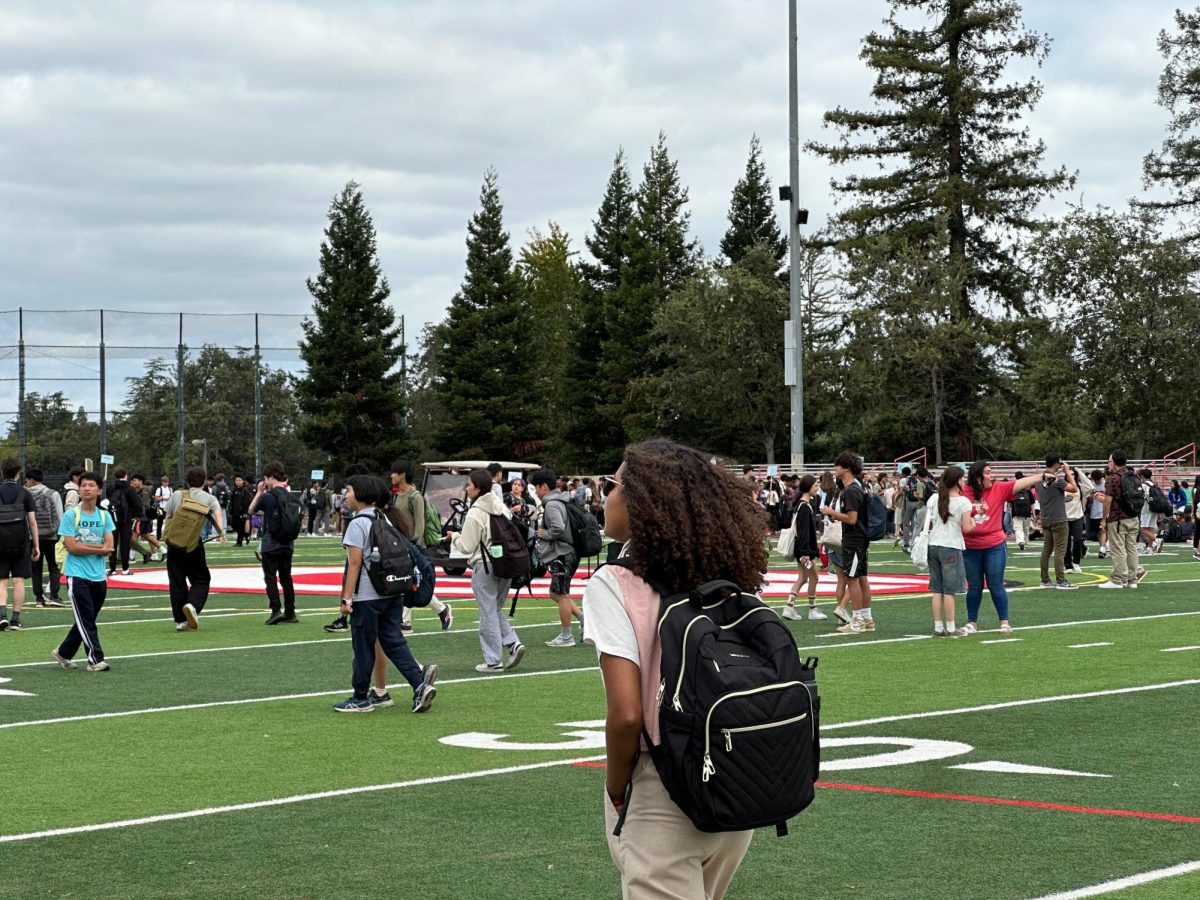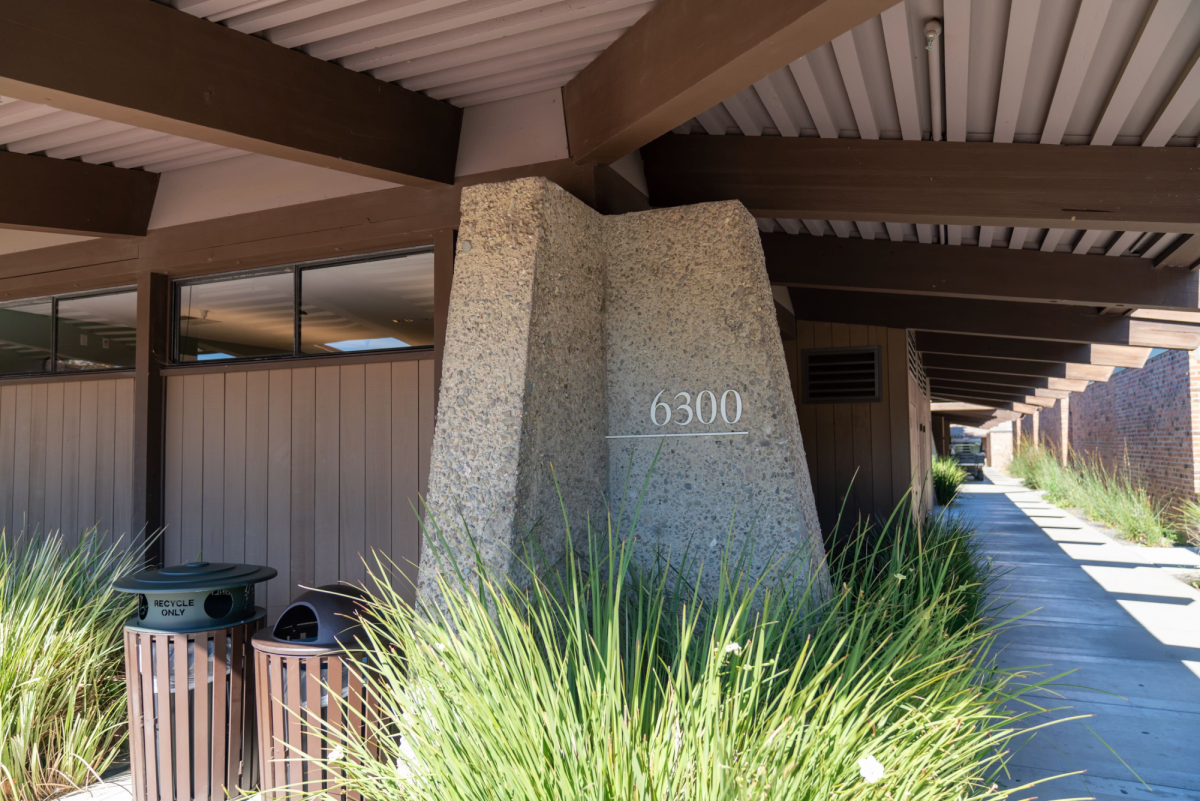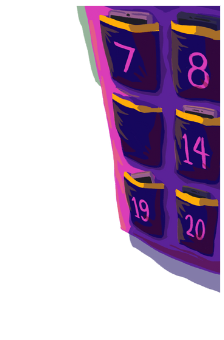On Tuesday, Wednesday and Thursday this week, fire alarms caused campus-wide evacuations and interrupted class schedules.
The first two alarms were set off by some kind of smoke — potentially from foods like popcorn that have activated the sensors in the past — while the cause of the third alarm remains unknown. According to Assistant Principal of Safety Dr. Mycal Hixon, the new fire panel — which was installed over the summer to provide a safety upgrade to the previous out-of-date system — is being investigated as the potential cause.
“We’re trying to work with the fire department to see if this is either a faulty alarm, a box that’s going off or if there was an actual pull,” he said. “Unlike the other days, we weren’t able to identify smoke (on Thursday), so we’re really trying to figure it out.”
These interruptions, even with the adjusted bell schedule accommodations on Thursday, impacted both student agenda and instruction time. According to history teacher Laurel Howard, she’s had to adapt to the incident in order to ensure her periods learn the same amount of content at the same time.
“(The fire alarms are) impacting my class periods in different ways,” she said. “If I’m trying to keep my classes on track with each other and one has a 20-minute evacuation, then I have to make adjustments so (the delayed class) doesn’t fall too far behind.”

Although a definitive reason for the three alarms this week is still under investigation, administration is considering whether they may be due to a potential smoking problem on campus. Hixon explained that possible administration responses may include increased student resources, increased campus security and utilizing camera footage.
“We want to make sure that we can accurately identify what the problem is so we can accurately work together collaboratively to come up with solutions,” he said. “If it’s going off because somebody’s intentionally smoking in the bathroom, that’s one thing. If there’s somebody actually doing something, we want to find what support we can provide them to help them understand that (it) is not okay.”
For English teacher Diane Ichikawa, the ambiguity of the faulty fire alarms’ has added to the confusion that undermines the trustworthiness of the campus’s safety systems.
“Because we get so many (fire alarms) that end up being either false or people perceive them to be false, they don’t take an actual emergency (seriously),” she said. “It’s kind of a ‘boy-cried-wolf’ situation.”

In response to the lack of information available, Hixon highlighted the administration’s efforts to rectify these issues.
“We will work with the company that installed the fire alarms to ensure we are trained on everything it does and why,” he wrote in an email. “We will also be more alert to our surroundings, making sure that if we see something, we say something so that we can safely get things taken care of. We will also be getting an updated security camera system.”
However, despite the disturbances these fire alarms have caused, Science Instructional Lead Dr. Heather Mellows emphasized the importance of taking evacuation seriously.
“(Evacuating) is still important because we don’t know which alarms are real,” Mellows said. “And as a science teacher, I know that sometimes the fire alarm is because of what happens in my room, and I need it to be real when that happens.”
Currently, the evacuation drill scheduled for Thursday, August 29 will continue as planned.
“I am sure students have done a great job, but just in case, there are still a few things that we need to work on and (the drill) gives us that opportunity to do it,” Hixon said.
—Written by Kaylee Cheng, Anne Dong, Sylvie Nguyen and Ya-An Xue. Additional reporting by Gwen Domine.




































